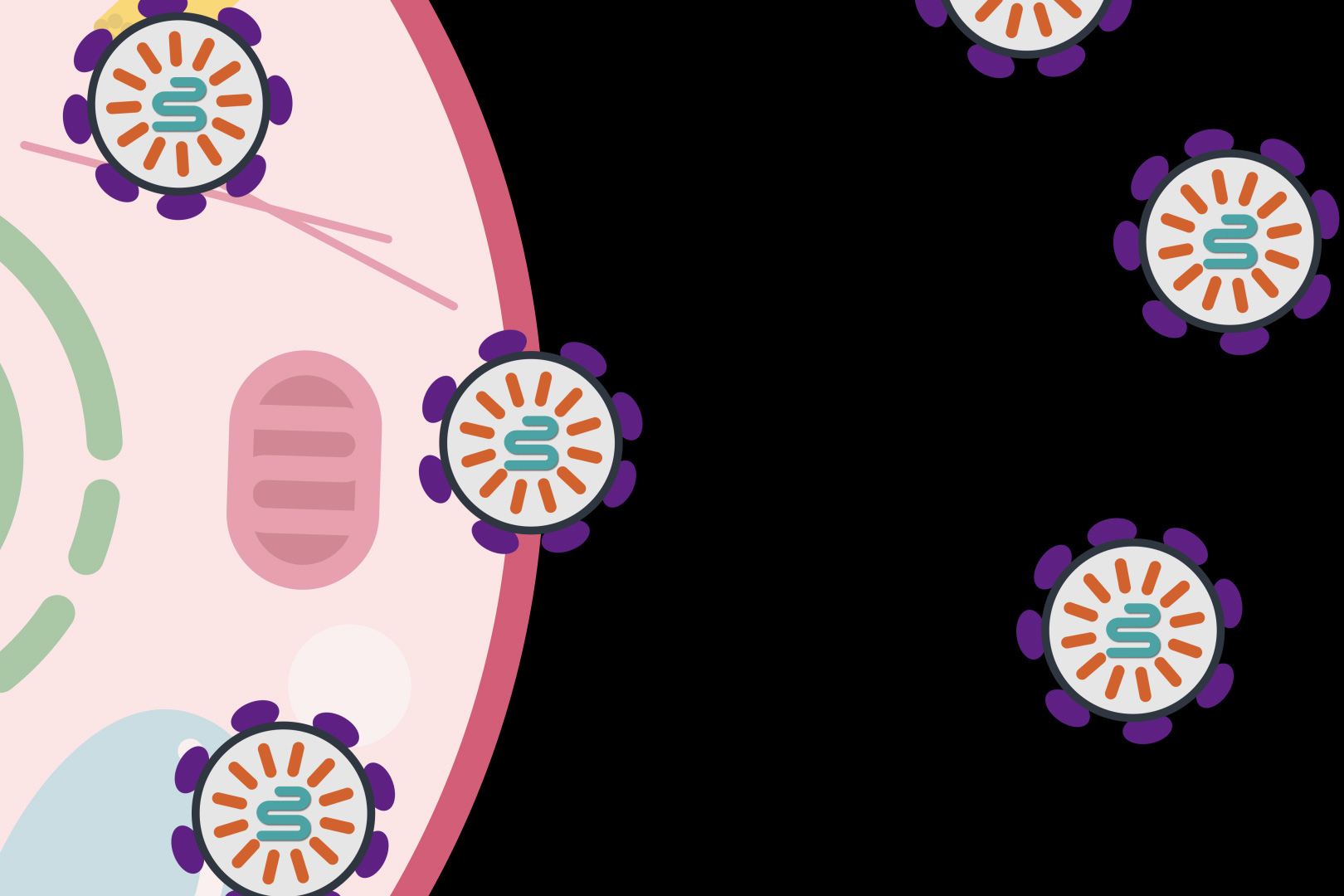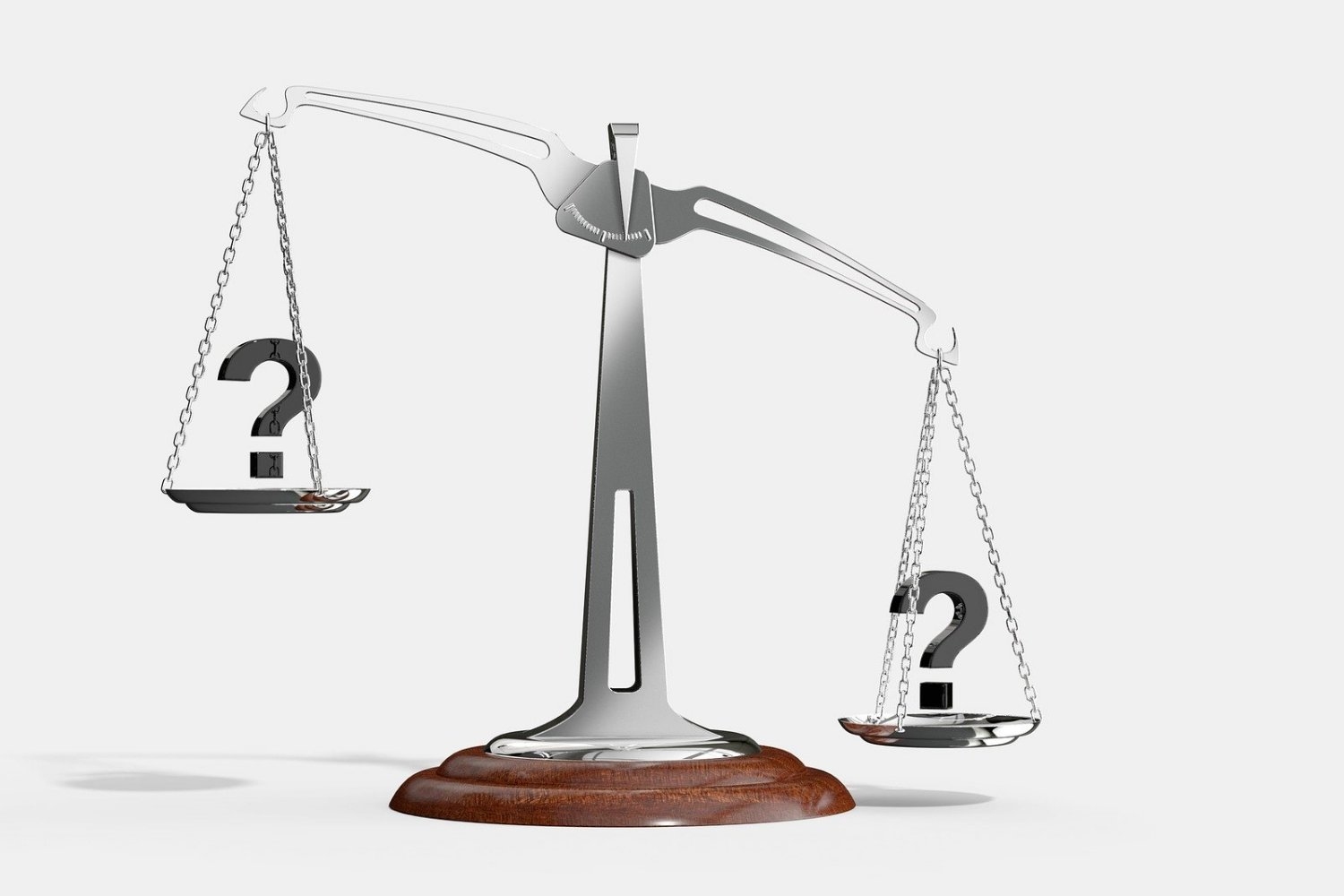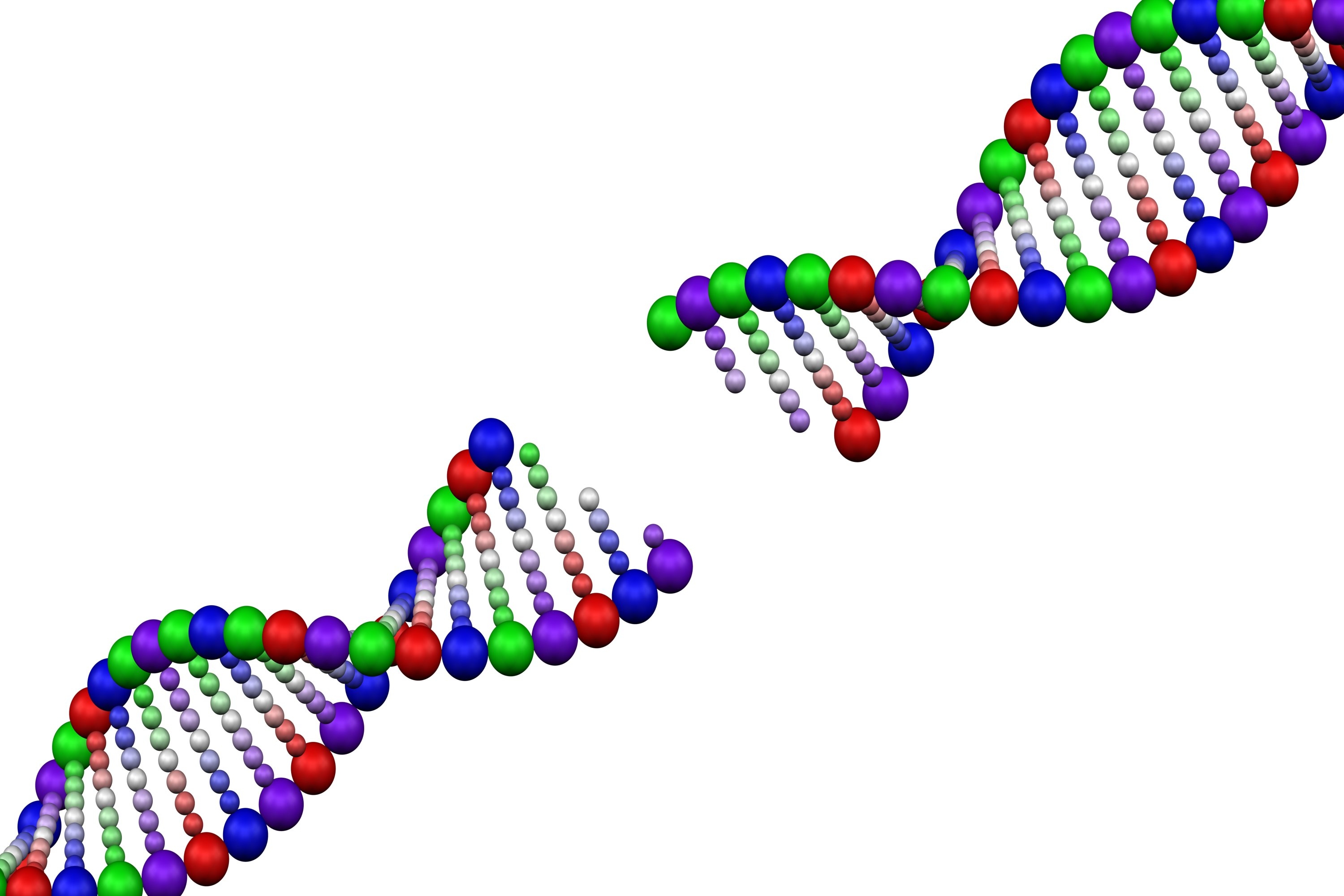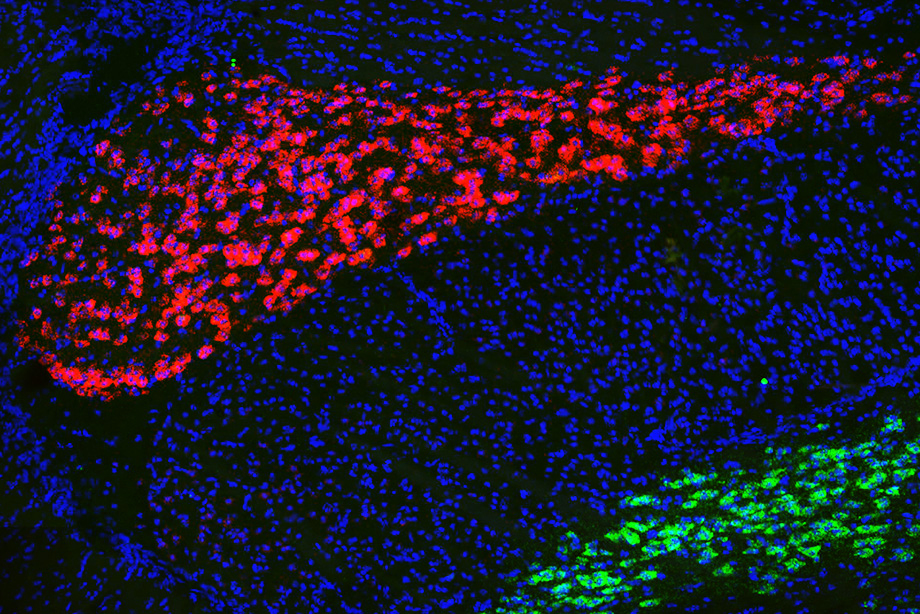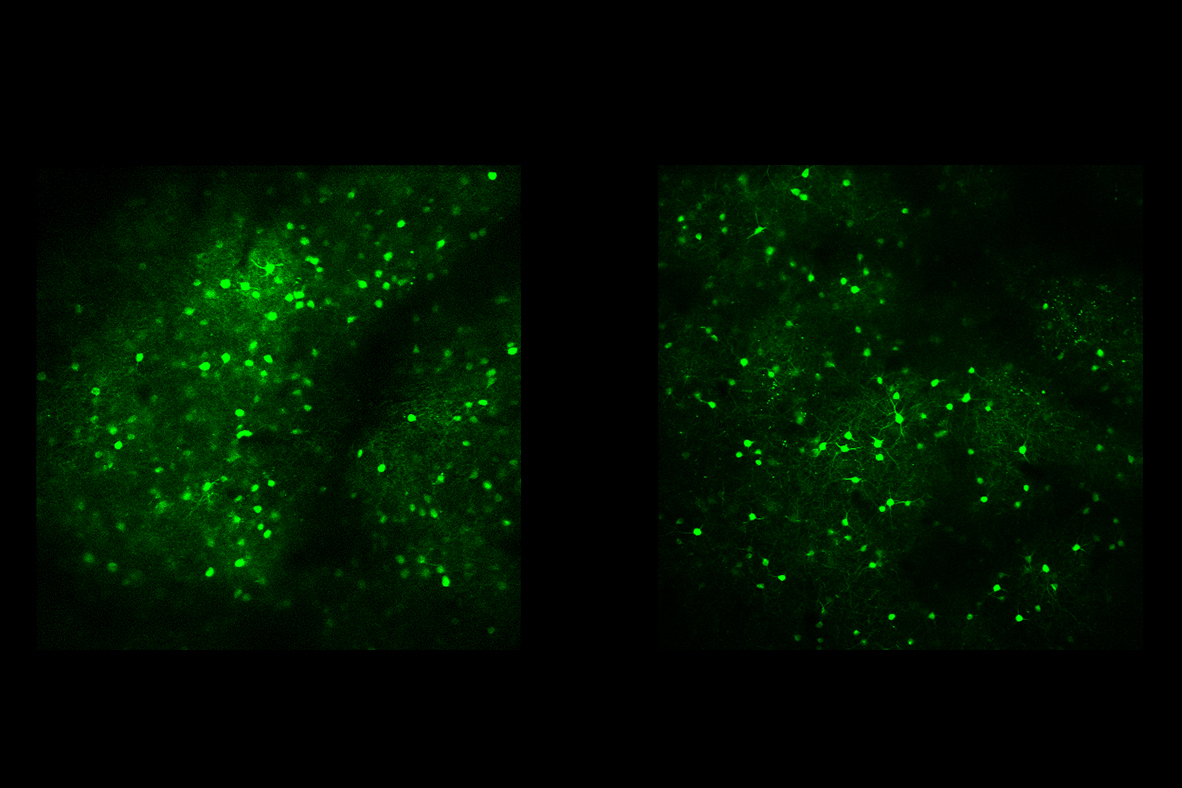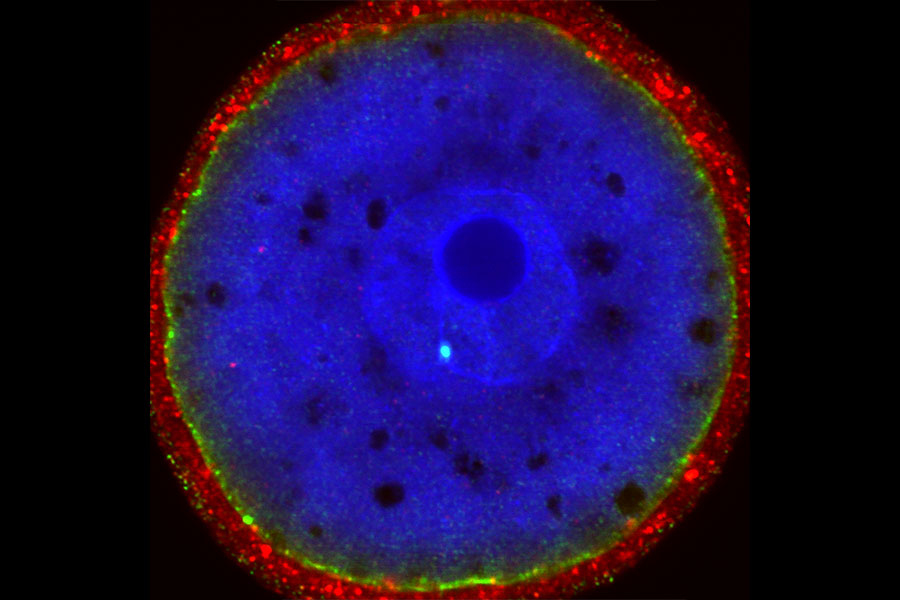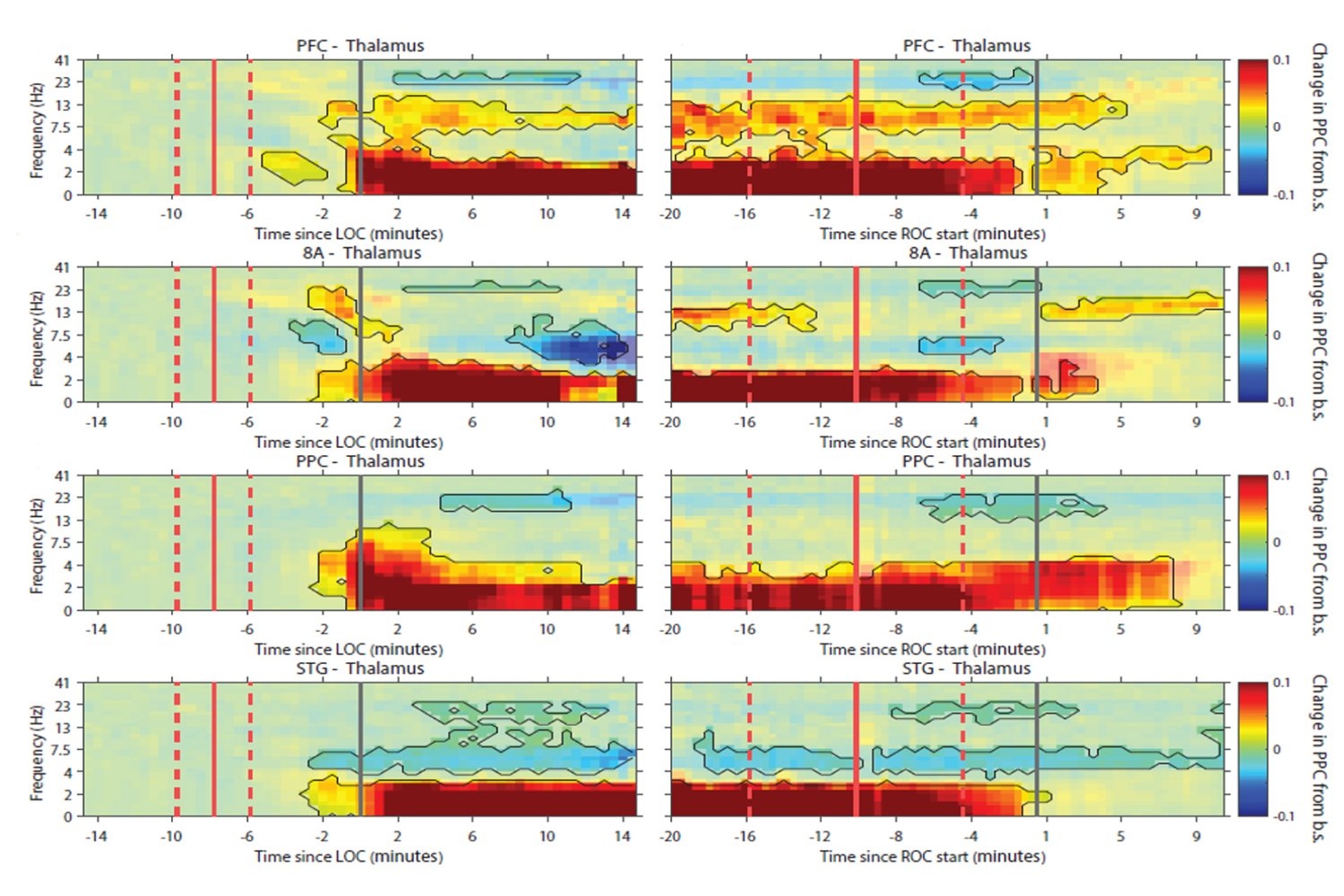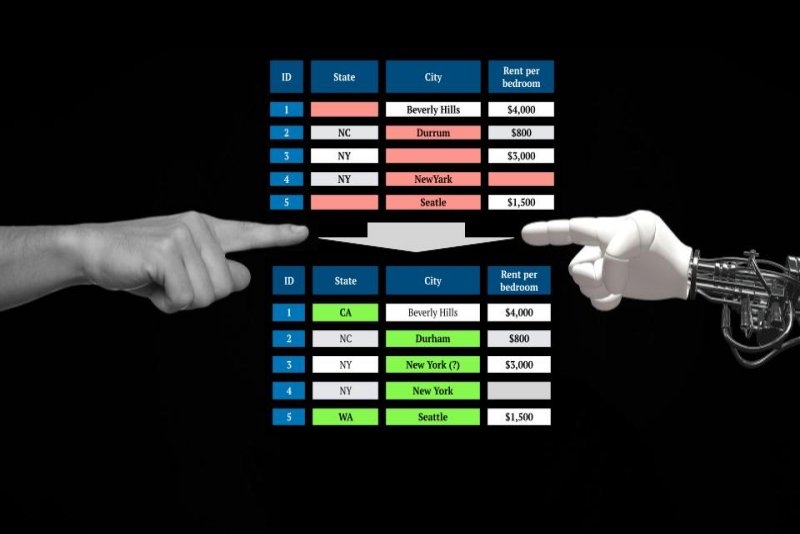Brain’s “memory center” is needed to recognize image sequences, but not single sights
The visual cortex stores and remembers individual images, but mice can’t recognize image sequences without guidance from the hippocampus.
David Orenstein | Picower Institute for Learning and Memory •
mit
July 26, 2021 • ~7 min
July 26, 2021 • ~7 min
As novel sights become familiar, different brain rhythms and neurons take over
As “visual recognition memory” emerges in the visual cortex, one circuit of inhibitory neurons supplants another, and slower neural oscillations prevail.
David Orenstein | Picower Institute for Learning and Memory •
mit
June 24, 2021 • ~6 min
June 24, 2021 • ~6 min
/
64

